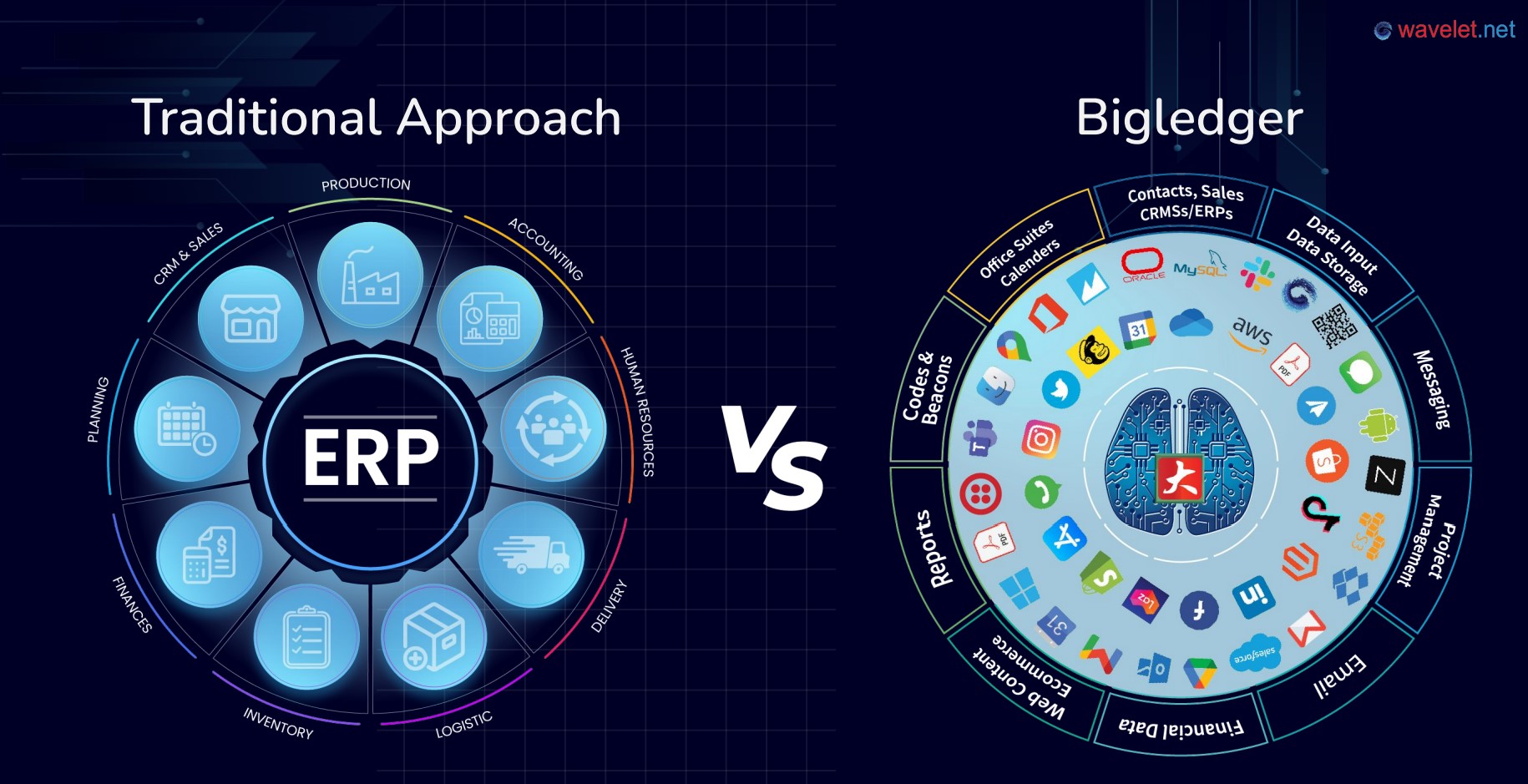In an era where data is heralded as the ‘new oil’, businesses and institutions are tirelessly seeking innovative ways to harness its power. Enter the concept of the Data Hub – a centralised, integrated platform designed to manage, store and analySe data from disparate sources. This emerging trend, swiftly gaining traction in Malaysia, promises to revolutionise how organisations approach data management and utilisation.
According to Wavelet Solutions Sdn Bhd Vincent Lee, the rise in Data Hub adoption across Malaysia is no mere coincidence. “In today’s fast-paced digital landscape, the ability to access, analyse, and act on data efficiently is a necessity for survival and growth,” said Vincent.
He emphasises that a Data Hub serves as a strategic asset that empowers organisations to unlock the full potential of their data, fostering informed decision-making and driving operational excellence.
“However, as with any transformative technology, the journey to implementing a Data Hub is paved with both opportunities and challenges. Organisations that choose to embark on this path stand to gain significantly in terms of enhanced data accessibility, improved integration and robust data governance.
“Yet, they must also navigate the complexities of integration with existing systems, ensure data quality and consistency and address the ever-present concerns around data security and privacy.”
Vincent further highlighted the critical importance of effectively integrating a Data Hub within the existing technological framework of an organisation.
“In the digital ecosystems of most modern organisations, we often encounter ‘islands of disparate systems and applications’, each operating in its own silo,” he explained.
“A well-implemented Data Hub not only bridges these ‘islands’ but also enables a seamless flow of information, transforming isolated data pockets into a coherent, accessible, and actionable asset. This integration is pivotal, as it lays the foundation for a more collaborative, responsive, and data-informed organisational culture, driving efficiency and innovation across all operational facets.”
In other words, a Data Hub effectively transforms data into a strategic asset, streamlining operations and sparking innovation. Its key advantages include:
Strategic Clarity and Efficiency: Enhances decision-making and streamlines operations by providing accurate, centralised data.
Quality and Security: Ensures data integrity and robust security, maintaining consistency and regulatory compliance.
Scalability and Insight: Adapts to growth, democratizes data access, and leverages analytics for deep, actionable insights.
That said, implementing implementing a Data Hub presents complex challenges and ‘not necessarily a walk in the park’, demanding strategic navigation to unlock its full potential:
Integration and Quality Control: Merging a Data Hub with existing systems, particularly with legacy infrastructure or diverse data sources, requires intricate integration and stringent data quality management to ensure accuracy and consistency.
Security and Scalability: Centralising data intensifies the need for robust security measures against breaches and demands continuous optimisation to maintain system performance as data volume grows.
Cultural Adaptation and Cost Management: Successful implementation involves substantial organisational change, user adoption, and careful cost planning, ensuring that the Data Hub’s benefits justify the investment and align with the evolving organisational culture and processes.
“Navigating these challenges requires a strategic approach, careful planning, and the commitment of resources and leadership,” said Vincent. “However, for organisations that manage to overcome these hurdles, the implementation of a Data Hub can serve as a transformational step towards becoming a truly data-driven entity.”
Vincent also explained that a Data Hub and an ERP (Enterprise Resource Planning) system can complement each other, each playing a pivotal role in enhancing organisational efficiency and decision-making capabilities.
“The Data Hub can provide a unified data source that feeds into the ERP system, ensuring that the ERP’s decision-making processes are based on clean, consistent, and comprehensive data. Conversely, the ERP system can be one of the many sources of operational data that feed into the Data Hub,” he said.
He further elaborated on the synergy between the two systems: “With the purpose of an ERP system being to manage and integrate an organisation’s core business processes, it stands to benefit immensely from the centralised, high-quality data provided by the Data Hub. This integration ensures that every facet of the organisation, from finance and supply chain management to customer relations and human resources, operates based on accurate and timely information.”
“The combination of a Data Hub and an ERP system creates a powerful ecosystem where data and processes are not just aligned but are actively informing and enhancing each other. This results in a level of operational coherence and agility that is crucial for organisations looking to thrive in today’s dynamic business environment.”
This integration, according to Vincent, is about creating a cohesive, data-informed culture that permeates every level of the organisation, driving efficiency, innovation, and sustainable growth.

At its end, Wavelet’s flagship offering BigLedger is more than just a ‘traditional ERP system’ and encompasses one which redefines business operations by providing a central data exchange hub with flexibility and efficiency.
BigLedger has redefined the modus operandi for myriad companies, offering a centralised data exchange hub that epitomises flexibility and efficiency and emerging as a ‘composable enterprise platform’.
“BigLedger’s modular approach empowers businesses to integrate various applets based on their unique requirements. This ingenious approach is unlike traditional ERP systems as it offers an array of customisable, manageable tiny applications, or ‘applets’,” said Vincent.
Today, various businesses – from large enterprises to small and medium enterprises – have embraced Wavelet’s various technologies to realise greater operational efficiencies, productivity and profitability.

This article is provided by AL-SGM Consulting
The views expressed here are those of the author/contributor and do not necessarily represent the views of Malaysiakini.


